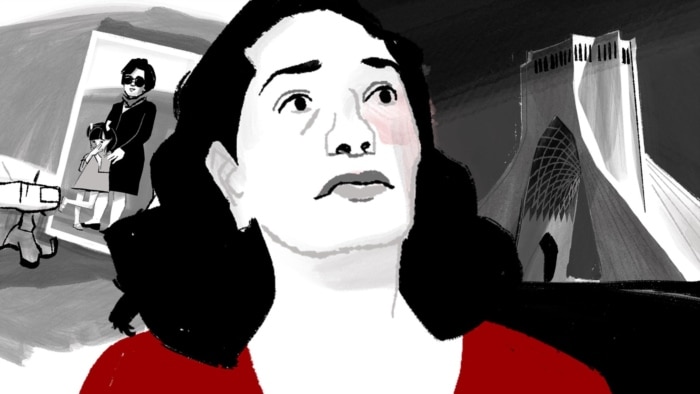Iran’s human rights record came under sharp criticism at the U.N. Human Rights Council on Monday, with a U.N. expert singling out Iran’s crackdown on dissent and practice of sentencing children to death.
Presenting his first report to the Geneva-based council since taking office in July, the Special Rapporteur on human rights in Iran, Javaid Rehman, cited what he called Tehran’s “worrying patterns of intimidation, arrest, prosecution, and ill-treatment” of human rights defenders, lawyers, and labor rights activists who have taken part in recent protests and strikes across the country.
He called on Iran to release all those detained for exercising rights to freedom of peaceful assembly and association.
Rehman said he welcomed a “significant” reduction in Iran’s executions of drug offenders last year. But he said his report also found that in 2018, Iran executed at least six people for offenses committed when they were children.
“The practice, illustrated in numerous cases reviewed, of waiting until the child offender reaches the age of 18 before execution, repeated postponements, and the inherent vulnerability of the child given his or her age, amounts to a pattern of torture and other ill-treatment,” Rehman told the council. He urged Iran to abolish a law permitting death sentences for children and to commute all such sentences already issued, so that it abides by international law.
Iranian Ambassador to the U.N. in Geneva, Esmaeil Baghaei Hamaneh, denounced Rehman’s report, telling the council it contained “false allegations, absurd disinformation and hyperbolic exaggerations.” He said Iran’s ruling Islamist clerics protect and promote human rights as a “moral and religious obligation” and pledged that Tehran will continue to engage with various U.N. human rights officials.
Hamaneh cited last week’s visit to Iran by U.N. Deputy High Commissioner for Human Rights Kate Gilmore and what he called an Iranian invitation for U.N. High Commissioner Michelle Bachelet to make a similar visit. The Iranian diplomat said he also met Rehman last Friday in Geneva to discuss the Special Rapporteur’s report. But Iran has rejected Rehman’s requests to visit the country.
Vienna-based Iranian human rights activist Hassan Nayebhashem attended Monday’s Human Rights Council meeting and criticized Hamaneh’s remarks. Speaking to VOA Persian, Nayebhashem noted what he viewed as an inconsistency in Iran’s position, which accuses Rehman of filing an inaccurate report while at the same time denying him access to the country to gather information about its rights record.
Nayebhashem also said he heard little new in the Iranian diplomat’s rebuttal of the U.N. Special Rapporteur’s report.
“The contents of Hamaneh’s replies were the same as those of Javad Larijani in previous years,” he said, in reference to an Iranian human rights official who previously addressed the council.
This article originated in VOA’s Persian Service.

